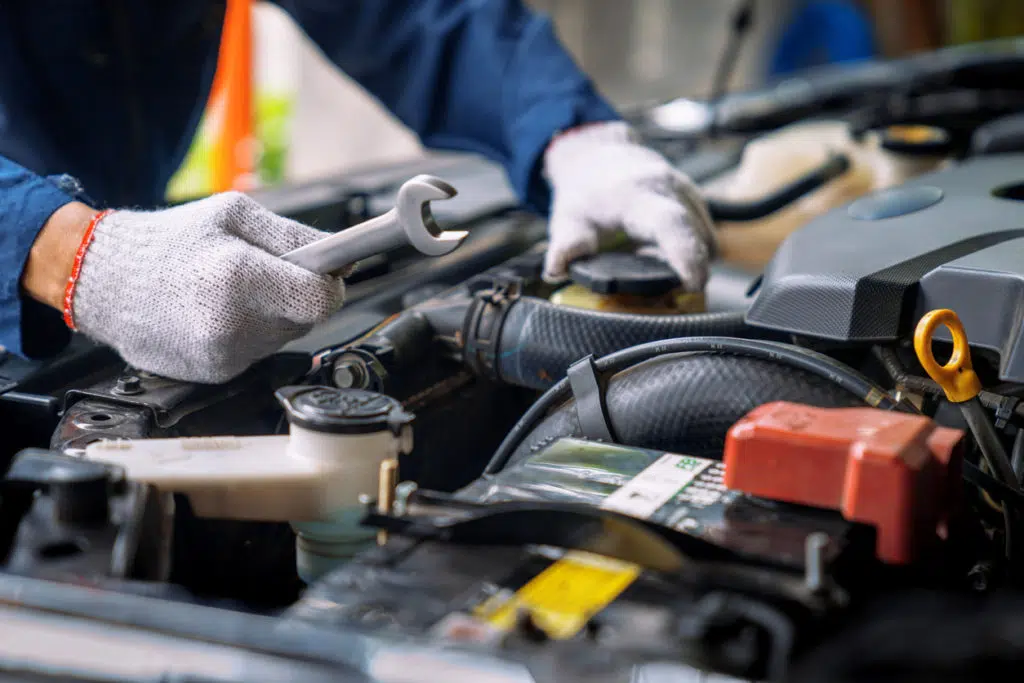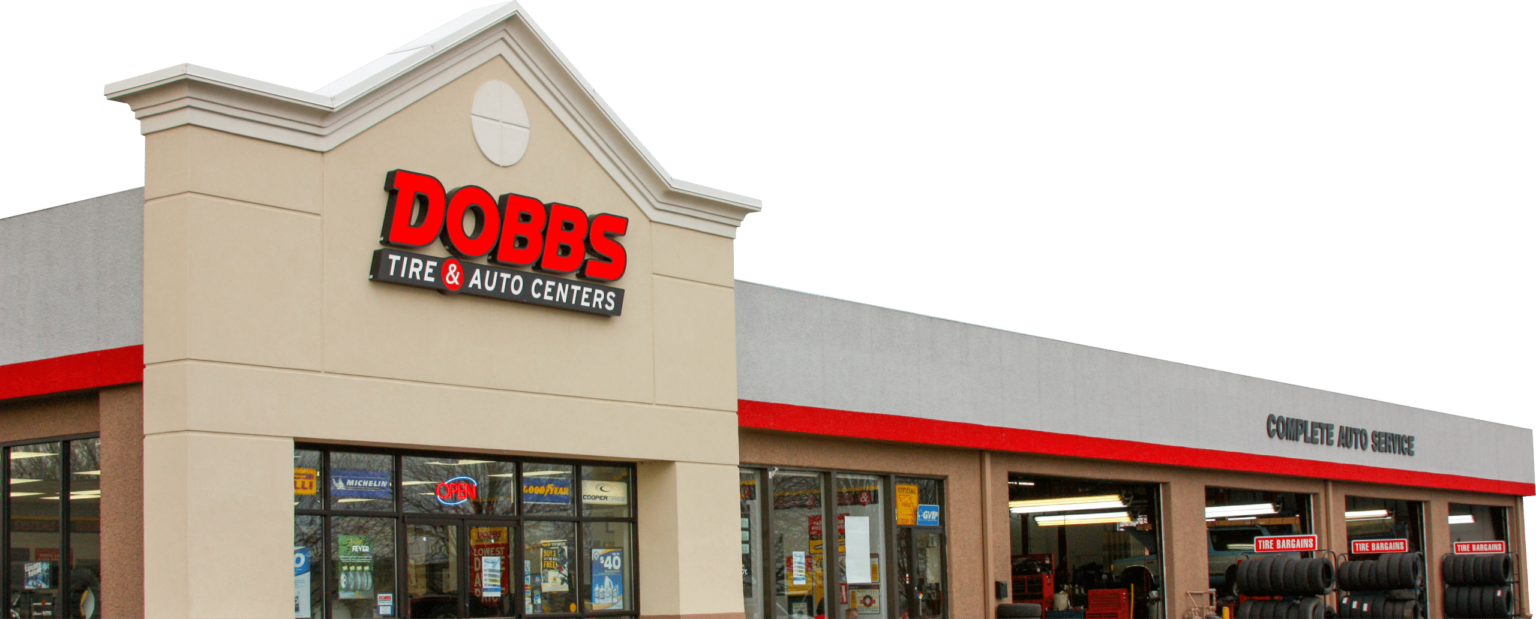3 Ways Routine Car Maintenance Has Changed Over the Years

The automobile production industry has experienced – and contributed to – significant technological evolution throughout the past century. During the nearly 115 years since the Model T made transportation accessible, cars have been transformed to a point where Henry Ford or Karl Benz would hardly recognize the vehicles on the road today.
From the introduction of primitive power steering devices in the 1930s to anti-lock brakes bursting onto the scene in 1978, the features we take for granted in modern cars were once revolutionary concepts. With that in mind, it’s important to consider the ways that car maintenance philosophies have changed throughout the years. In this article, we’ll explain why your grandparents’ advice about how to take care of your vehicle may not be as relevant today.
1. Maintaining Electronics Is Important
You have to go back more than 70 years to study the marriage between automobiles and electrical components. Back in the late 1940s, GM cars had started developing electronic ignitions which allowed an individual to start up his or her vehicle much more reliably. These became widely available in the 1960s, with FIAT offering the first standard-fit electronic ignition in 1968.
Today, computers are the brains behind nearly every function of the modern vehicle. From air bags to alarms, transmission and emission controls, and even your brakes, today’s cars are powered by a complex electrical system that can wear down over time. It’s difficult to say exactly how often you should have your electrical system inspected as there are no predetermined mileage interval recommendations. Our advice? Whenever your vehicle requires servicing, ask our expert and certified service technicians to examine your system for any signs of wear. Identifying things like loose wires or a malfunctioning alternator belt can result in easy fixes that can save you from costly repairs down the road.
2. Oil Changes
The old standard for oil changes used to recommend that at every 3,000 mile-interval, a change was necessary. Many drivers who grew up during the “oil-change-every-3k-miles” era, or were raised by someone who used that schedule as a guide, may be pleasantly surprised to learn that modern vehicles can typically handle 5,000 to 7,500 miles of driving before requiring an oil change.
So, what happened that made the number of miles that can safely be driven between oil changes more than double? Advancements in oil and lubricant technology are the primary reason why cars can function at a high level for longer periods of time without needing new oil. Even though better oil means fewer changes, we can’t overstate how important it is to get your oil changed when it’s needed. If you’re not sure when your car will be due for an oil change, our expert and certified service technicians at one of the 50 convenient Dobbs Tire & Auto Centers locations will be happy to give you the answer.
3. Trust the Diagnostics
If you ask someone who grew up in the era of finely-tuned mechanical vehicles (before cars became rolling computers), they’re likely to rant about how “they don’t make ‘em like the used to.” Do they have a point? It’s true that modern vehicles aren’t always as easy to fix as their older relatives. Still, the data definitively shows that today’s cars require much less maintenance.
Back in the 1980s, a universal system was established by the Society of Automotive Engineers (SAE) known as the On-Board Diagnostic System (this later became mandatory in 1996). You might recognize this as the dreaded “check engine” light on your dashboard. As much as you may dislike seeing this light, drivers should be thankful because it helps identify a vehicle’s problem quickly, meaning less labor is required. Our expert and certified service technicians are well-trained in diagnostics, and will be able to definitively tell you what’s wrong with your car. Once the problem is identified, we’ll begin the process of finding the most affordable repair solution.
Conclusion
Despite the differences in maintaining today’s vehicles when compared to those in the past, one thing hasn’t changed: regular servicing of your car is the best defense against major repairs. Get in touch today to schedule a routine service appointment at one of the 50 convenient Dobbs Tire & Auto Centers locations, and speak with one of our expert and certified service technicians, and we’ll provide you with the peace of mind that comes with knowing your car is in good working condition.
